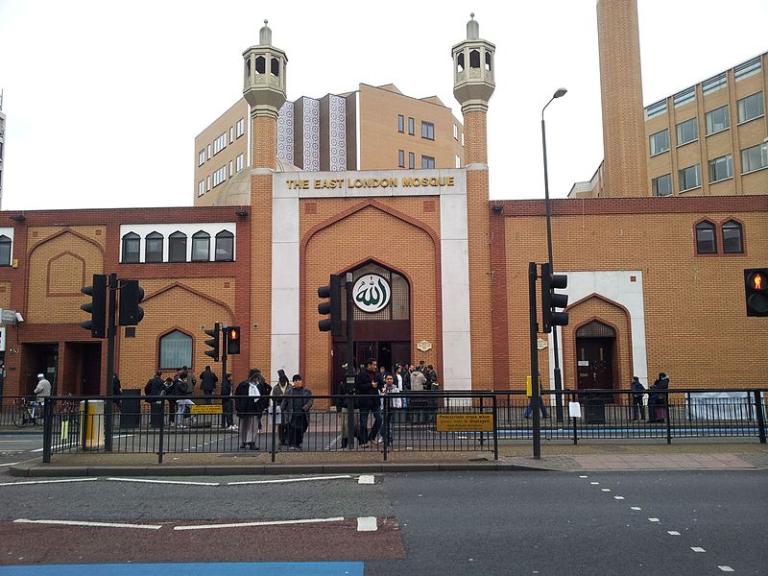
(Wikimedia Commons photo by Dilwar H)
Still going . . .
Of course, there was always the danger that an irresponsible, ignorant, or incompetent judge might misapply a Qur’anic rule or see an analogy where in fact none existed. So a new principle, “consensus” (ijma), came into play. This principle represented an effective insurance against the whims and odd ideas of isolated individuals. But when we talk about the “consensus” of the community, we are not talking about a democratic process in which peasants and shopkeepers carried an equal vote with the learned. Only certain opinions were allowed to carry weight regarding matters of technical law. In practice, the ulama came to represent the entire Muslim community, and “consensus” eventually came to mean the agreement of the scholars. Someone discovered a convenient hadith report that gave strong support to this principle of “consensus” and in fact raised it to the level of practical infallibility: “My community will never agree on error,” the Prophet was quoted as saying.
More needs to be said on this notion of the infallibility of the scholarly consensus, since it is one of the strengths of Islam. It is hard for many in the West to understand Islam because it does not appear to function in ways familiar to us. There is, for instance, no Islamic “church” or “priesthood.” There is no pope or president who stands clearly at the head of the entire Islamic community. There is, simply, a vast number of ulama, men who have received the same training and read the same books, who think in the same way, and whose consensus on most matters is remarkably uniform from Morocco to the former Soviet Central Asia and from Nigeria to Indonesia. We sometimes wonder how a certain Muslim thinker gains authority within the community and is able to make his opinions count more than the opinions of others. It is certainly not because he holds a certain office. There are no living prophets or apostles, and certainly no popes and cardinals, in Islam. There is not even an authoritative committee on doctrine or theology or practice that all Muslims are obliged to accept. The situation is actually much like that in rabbinic Judaism. Certain rabbis or scholars, men like Hillel and Akiva and Maimonides, have carried authority down through the years not because of their offices, but because of their insights and their brilliance and the force of their personalities. Recognition has simply grown up among generations of Jews that this particular rabbi X, rather than those others who lived at the same time, is an authority worth taking into account. Very much the same process occurs in Islam.
I say that this formlessness, this diffuseness of authority, this absence of a tightly organized “church,” has been a strength for Islam. Why? Because the consensus of the ulama is, in many ways, comparable to a mighty river. It is very difficult to turn and almost impossible to dam. No one man, and probably no group of men, can hijack Islam as a whole and easily turn it to private purposes or reformulate it according to private whims. On the other hand, this striking uniformity and diffuseness of the Islamic community makes it very hard for anyone to reform or change Islam. In the Church of Jesus Christ of Latter-day Saints, a revelation to the president can change a policy overnight that has been in place since the beginnings of Mormonism. (The 1978 revelation regarding priesthood is a case in point. Men of African ancestry began to be ordained within the week.) The pope has a somewhat similar power within the Roman Catholic faith. But no such person or institution exists in Islam. And, since the source of the authority held by the ulama is their knowledge of the past, it is the past that tends to control Islam. To lightly cast it off is to give up the source of authority, the link to God that Muslims believe they have in the life and teachings of Muhammad.










